

 Sunday, May 14, 2017
Sunday, May 14, 2017






[1607 - A permanent British settlement is established at Jamestown, Virginia]


[1727 - Thomas Gainsborough, artist, born in Sudbury, Suffolk, England]

[1845 - USS Constitution lands Marines at Danang, Indochina]

[1904 - The Summer Olympic Games open in St. Louis, Missouri]
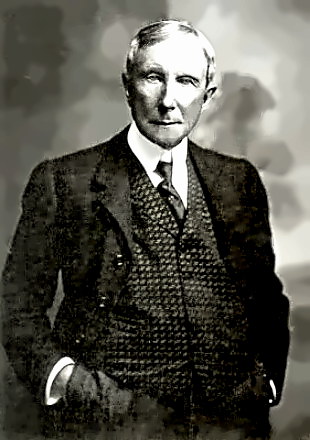
[1913 - John D. Rockefeller establishes the
Rockefeller Foundation with $100,000,000]
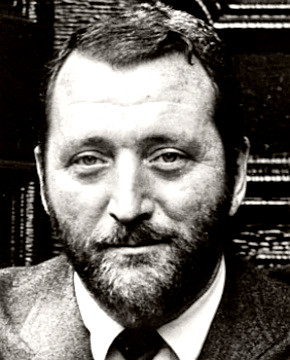
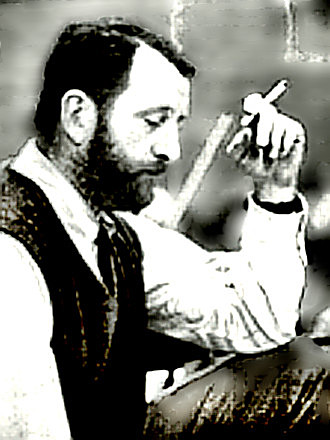
[1917 - Norman Luboff, choral leader, born in Chicago]

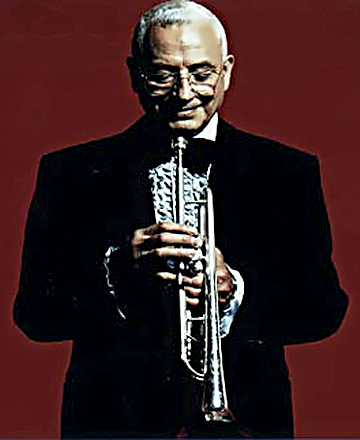
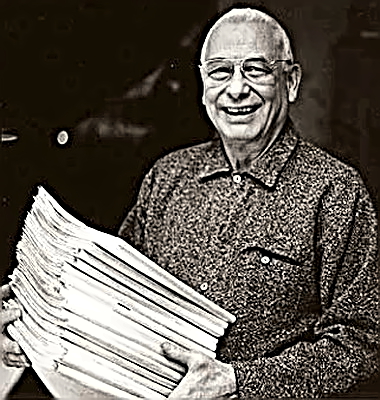
[1925 - Al Porcino, jazz trumpeter, bandleader, born in New York City]




[1929 - Gump (Lorne John) Worsley, Hockey Hall of Fame goaltender, born in Montreal]




[1936 - Bobby Darin (Cassotto), Grammy Award-winning singer, born in The Bronx]

[1948 - David Ben-Gurion, Jewish Agency
Chair, proclaims State of Israel at Tel Aviv]
[1955 - Soviet Union and 7 of its European satellites sign the Warsaw Pact]
If you have occasion to search for a oncologist to whom you may entrust your health, survival, and care, remember that your doctor may be disappointed in the outcome of your course of treatment, but not nearly to the extent that you will be if it should go badly. Assuming that you have checked out the bona fides of your prospective caregiver and found them in order, you should treat the first meeting with him or her as if it were a job interview for the most important vacant position in your life. William suggests you consider the following short list of questions that you will ask:
Can you promise me that you will treat me first and foremost as the unique individual that I am, as opposed to focusing on the treatment of my cancer?
Do you really have the time in your busy practice to take me on as a patient?
Will you disclose to me all known prejudices, biases, and conflicts of interest when recommending a course of treatment?
When advising me as to how to proceed at any crossroad in the treatment path, will you provide me with the pros and cons of all known options?
Will you listen carefully and take seriously my concerns about quality of life issues?
If your prospective doctor gives you an answer to any of these questions that makes you uncomfortable, run (do not walk) to the nearest exit and continue your search.
It's far more important to know what person the disease has than what disease the person has.
Hippocrates
(c. 460 B.C. - c. 370 B.C.)
William's Whimsical Words:
Many doctors rely heavily on standard treatments that are based on statistical analyses of data from trials or studies. On the other hand, you are the only one of you that you have, and the only outcome that really matters to you is yours.

 to Almanack Main Page
to Almanack Main Page
